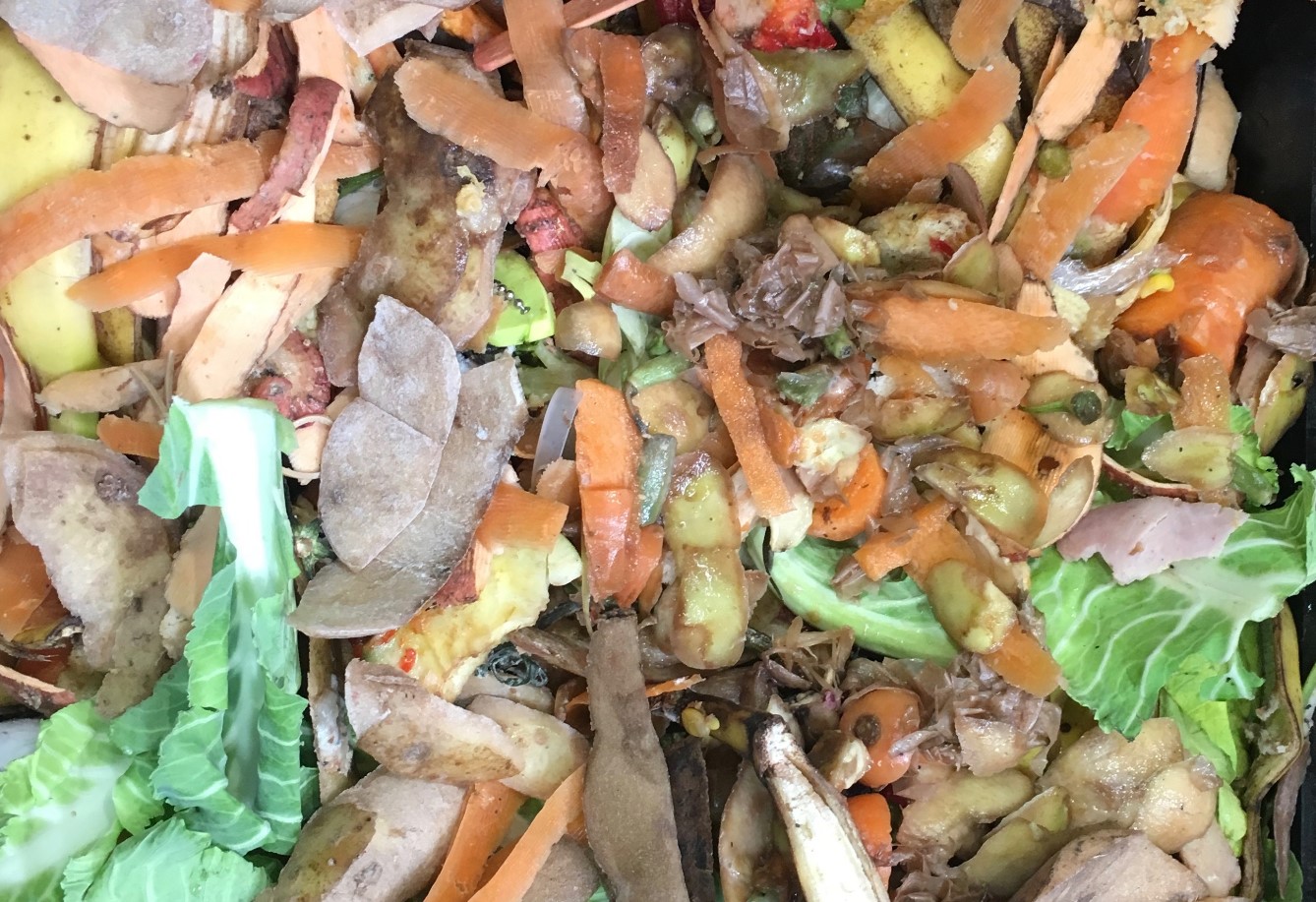Lets work together



Suite 3A, Chapel Allerton House, 114 Harrogate Road, Leeds, LS7 4NY
ukinfo@integrated-skills.com
+44 (0) 3300 888 670
Case Studies

Waste Management
So time to reflect and look back at our last two projects. The first was completed just in time before lockdown and the second is halfway through, we are still hopeful that the second phase will go ahead this year, but realistically who knows?
The aims of these two projects were completely different, but for both waste composition analysis was deemed to be the best tool to provide required information.
The first project was based in London and focused on waste and recycling generated by households living in flats. Managing waste arisings from flats across the UK can be particularly challenging but it needs to be gripped. In London purpose-built flats make up 37% of residential accommodation – and nearly all new-build properties in London are purpose-built flats. It is estimated that by 2030 nearly half (46%) of London householders will live in purpose-built flats.
In this project area the housing stock is dominated by purpose built flats in blocks with a smaller percentage of buildings converted into flats and a few terraced houses.
In addition to waste and recycling from flats, waste streams covered included: litterbin waste and on the go recycling, street sweepings and waste and recycling from educational establishments and churches.
The data from this project was required to add more detail to measurements recording progress towards the Borough’s waste reduction and recycling targets plus those laid out in the Mayor of London’s ‘Environment Strategy’, May 2018 and the UK Government’s waste strategy ‘Our Waste, our resources: A strategy for England’ December 2018.
Targets within the Brough’s Strategy included:
The Borough has its own tonnage data but this cannot tell them what is left in each residual waste stream that could be recycled and levels and types of contamination in the recycling. The results from the waste composition analysis did provide a snapshot of progress twowards the three targets listed above but the results also helped focus attention on the specific materials that would have the greatest impact on achieving the targets and the main contamination problems in the recycling.
“ISL were a pleasure to work with from the outset and provided some really interesting observations and data, in addition to a comprehensive report which should help us shape our services and campaigns in the future. Thank you ISL!”
For project two, which is on-going, the client is a North West Unitary Authority. The focus of this project is more akin to a monitoring and evaluation exercise instead of measurement towards targets. Waste compositional analysis is being used in phase one to provide base line data for residual waste and to evaluate the success of an existing mixed dry recycling scheme and in phase two waste composition data will be used to evaluate the success of the new food waste scheme.
The first phase of the fieldwork was carried out in September 2019. A representative sample was gained using a stratified sampling method e.g. the population of interest (Households) were divided into smaller groups, called strata. Samples were then pulled from the dominant strata, data analysis can be carried out with inference to the greater population of interest.
The results from the first phase show definite differences in performance levels for each sampled strata, with comfortably off households achieving better diversion and capture rates than less comfortably off households as well as having lower concentrations of contamination in their dry recycling. The results from the scheme evaluation will help guide future communication campaigns.
The results from the first phase were also compared with data from 2016 to highlight performance changes in the dry recycling scheme over time.
“The team delivered exactly what we required on time and in budget”
In light of Covid-19 we have revised our H&S Policies and Procedures documents. We will not be carrying out any waste composition fieldwork until we are provided with the all clear to do so. The nature of the work we do has always put us into direct contact with unknown, potentially hazardous substances and items such as bloodied syringes and clinical waste, our policies, procedures and manual handling training reflect our policy for absolute caution.
Integrated Skills is an environmental management consultancy. It is widely recognised as one of Europe’s leading consultancy firms specialising in wastes management and information technology solutions.
Integrated Skills has completed over 500 projects for a variety of public and private sector organisations in more than 70 countries worldwide.
Would you like to know more about this Case Study? Fill in your details below and let us know how we can help.
Website Designed & Built by we are CODA